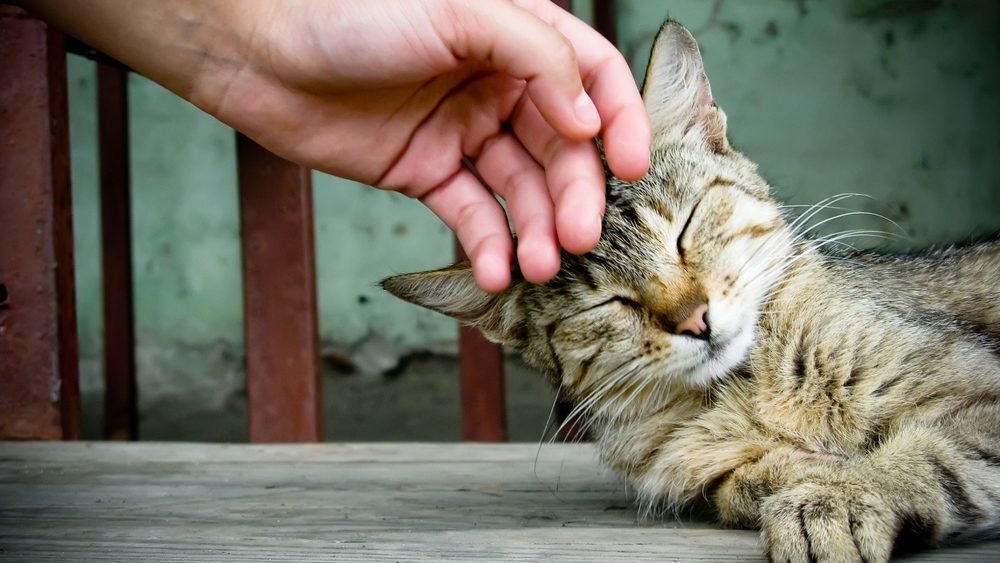
Touch is the sense we use to ascertain if something is rough or smooth, hot or cold, safe or dangerous. We rely on touch in many ways to keep us from harming ourselves. We also know that some forms of touch are more pleasurable than others. Holding hands with a person you care for or having a massage can evoke powerful feelings of happiness and wellbeing.
Not all touch is nice, not many people I know enjoy being poked or pinched, so how does the brain differentiate between touch that is incidental to our environmental experience and a caress?
Researchers from the University of Pittsburgh have recently published some work looking in to identifying those nerves that allow us to feel good when stimulated. Using new methods and technologies in a mouse population, the researchers were able to obtain a response to the stimulus of stroke, resulting in a particular group of sensory nerves being stimulated in the skin that reacted only to stroke and not to poking or pinching.
The researchers believe there are possibly many different sensory neurons in our skin that allow us to differentiate touch that is associated with feeling good in addition to other forms of touch.
This study is interesting because much of the previous work in this area has looked at sensory input and the skin has been done looking at the way noxious stimuli are transmitted to the brain. Scientists have been able to identify different sensory neurons but this was the first to demonstrate how animals respond in vivo to a pleasurable stimulation of gentle touch. This will help lead to further understanding of those brain circuits that associate certain types of touch with pleasurable feelings.
The role of human touch extends to the benefits that are well established around pet ownership. Pet owners who “pet” their animals have been shown to feel calmer and more relaxed. Animals are sometimes introduced into aged care facilities to provide a positive outlet for some of their residents who otherwise would have little opportunity to enjoy touch.
The animals clearly like it too.
Ref:
Sophia Vrontou, Allan M. Wong, Kristofer K. Rau, H. Richard Koerber & David J. Anderson (2013) Genetic identification of C fibres that detect massage-like stroking of hairy skin in vivo Nature 493,669–673(31 January 2013) doi:10.1038/nature11810

